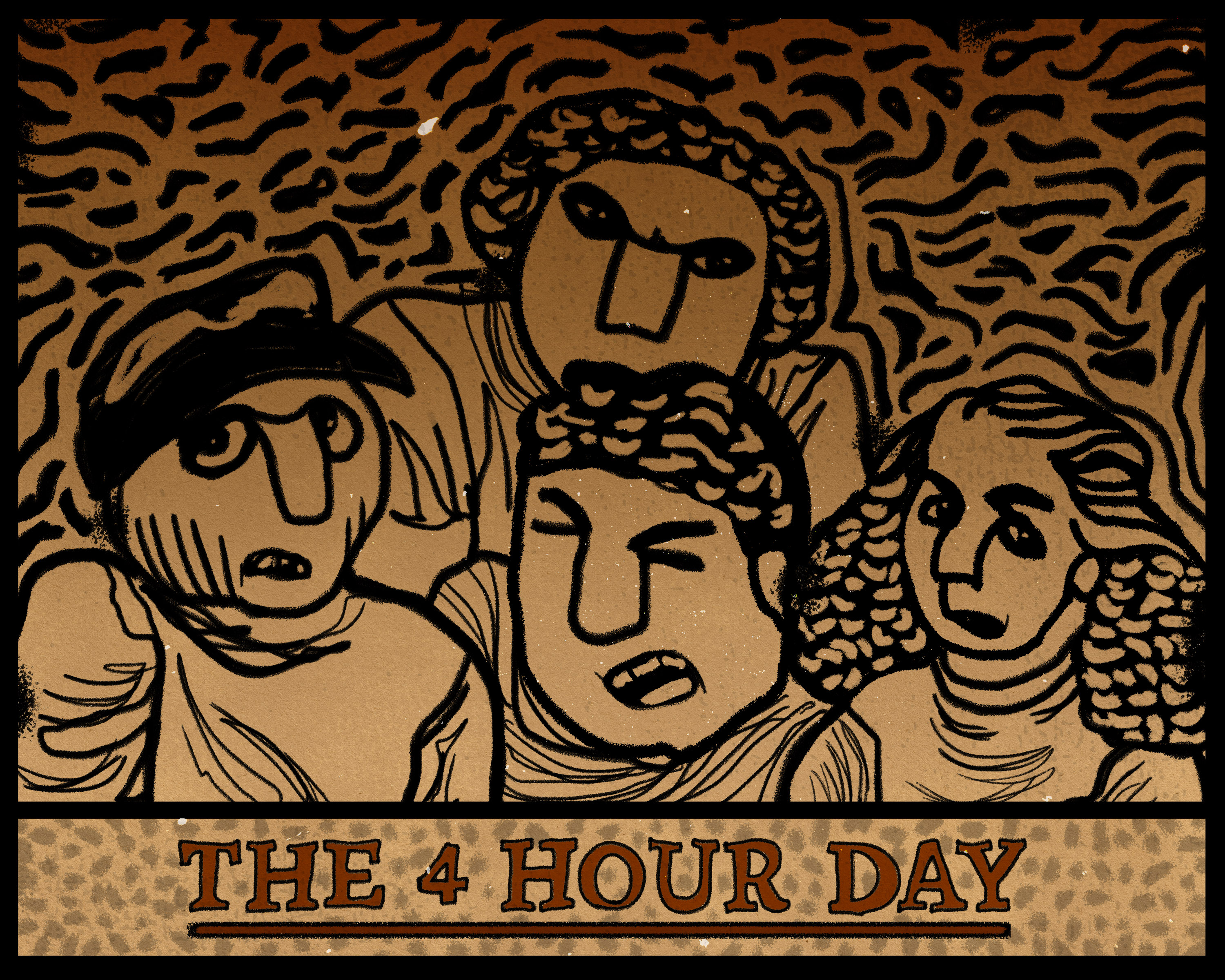Days after the 1 Million March 4 Children (1MM4C), I started seeing online articles that celebrated counter-protesters outnumbering the fringe, cross-country anti-trans protest.
While there were several provinces in Canada that did have such instances, this was not the case in Manitoba and the prairies as a whole.
In Alberta, Saskatchewan and Manitoba, there were more 1MM4C protestors than counter-protestors.
This thoughtless naivete and the urge to pretend that everything is alright leads to people ignoring the plight of trans communities in the Prairies, not only in regards to what occurred on Sept. 20, but what’s been happening in these places’ legislation as of late.
It’s an irresponsible perspective, especially considering the steady rise of transphobia in the Prairies, which is already bleeding out into other Canadian provinces.
In Saskatchewan, then-education minister Dustin Duncan announced a new policy back in August that would require students under the age of 16 to seek parental permission to change their preferred name and pronouns in school, under the guise of wanting parents to have more involvement. The policy mirrored legislation in New Brunswick enacted under Education Minister Bill Hogan.
Six months ago in Winnipeg, there was a rally at the University of Winnipeg in opposition to a lecture by political science professor Joanne Boucher, titled “The Commodification of the Human Body: The Case of Transgender Identities.” The lecture was critical of gender-affirming care and included Boucher questioning the complications and long-term effects of surgeries. Despite a petition from concerned students, the U of W refused to intervene under the defence of academic freedom.
Over the summer, we saw a rise in southern Manitoba school divisions battles with book-banning. People claimed books with sexual education and health information in them, as well as books about 2SLGBTQIA+ lives, were “pornographic material.”
Simultaneously, over the past year, Winnipeg has been dealing with instances of protestors at Drag Queen Storytime events, in which drag queens and performers read books to kids.
Things are getting bad in the Prairies. They have been for a while. And for months now I have been dealing with feelings of impending doom, wondering when this thing that I, and others in the community, knew was coming would arrive. It arrived on Wednesday, Sept. 20, and I vastly underestimated what I was going to encounter.
What started off as counter-protestors outnumbering 1MM4C protestors quickly reversed. Before I knew it, a large crowd of what felt like thousands in comparison marched toward the steps of the legislature building where we were stationed.
Apparently organizers underestimated the number of counter-protestors that would be arriving. Community members and allies collaborated as best they could to try to act in unison. Information was passed via word of mouth alongside recommendations for crowd safety. Myself and others made a decision to linger at the frontlines, where rightfully angry trans youth and allies were positioned, to de-escalate any situations that had the potential to go sideways.
My fear was that if things got too heated, our small group of determined, strong, courageous and brave counter-protestors — many of whom were the very youth we were trying to protect — would without a doubt be harmed physically and have little protection.
These fears were confirmed when I witnessed a 1MM4C protestor throw a small object at a counter-protester beside me. I and another counter-protestor chased after this individual and informed an on-site police officer, who sauntered very slowly over to assess the situation.
The only thing that came of this was that the 1MM4C protestors were eventually told to back up a bit from the elevated station that bled into “our side” of the line. The line, which was monitored by a wall of officers who had to keep us separate from one another, was also poorly made and maintained.
Protestors were within lunging range of counter-protestors. They made crude gestures at us, they were able to spit at us and could specifically point at and target individuals and yell disgusting things at them.
People posted pleas for help online, calling for more bodies to come to the legislative building, and the moment Sunshine House arrived — a harm reduction and social inclusion-focused community drop-in and resource centre — I felt safer.
Drumming, singing, and pots and pans banging together drowned out chants from the other side. Someone from Sunshine House was weaving through us carefully with medicine for individuals to smudge, which many did.
When I felt at my worst, making eye contact with a young man spewing hateful rhetoric toward me from the other side of the cop wall, I inhaled the sweetgrass in the air and knew that I did not stand alone.
The following Sunday a counter rally for trans youth took place at the legislative grounds and was larger than the hate people encountered on Wednesday, with over 1,000 people in attendance.
It seemed like everyone I had ever met was there and more. Without a doubt, Sunday proved that no one would be standing by and allowing anti-trans rhetoric to spread without resistance in Manitoba. It was a healing experience and I was so proud of the community action I saw.
However, even now, I cannot entirely shake the feelings I felt at that first counter-protest.
It’s a terrifying time to be trans, non-binary and gender non-conforming right now. The response that came from the community on Sunday cannot end there. What has been happening in the Prairies has or will happen in other regions of Canada.
The fight is not over and we need to remember that. We cannot allow clear transphobic rhetoric to have a voice or a platform. All it does is start the same pattern over and ends with trans people fighting for their lives again.



